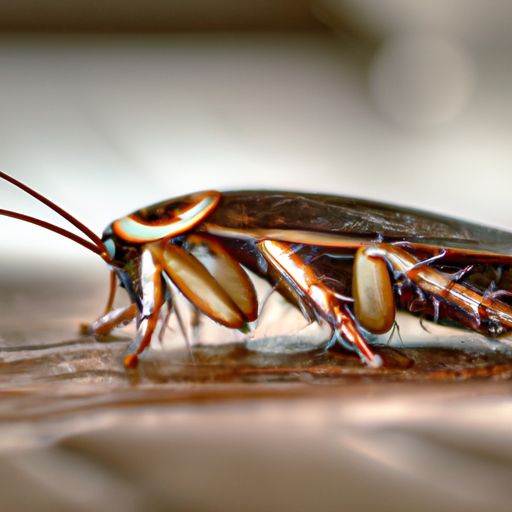South Africa is currently facing a severe infestation of German cockroaches due to the rising temperatures and increasing humidity caused by climate change. CropLife, a non-profit organization that represents manufacturers and suppliers of pesticides, has identified the usage of unregistered pesticides for indoor use and inadequate hygiene practices as the leading factors behind this outbreak.
The Scale of the Infestation
The scale of the infestation is such that cockroaches are now being seen during the day in most homes. As a result, the public has received a call to action to take preventive measures against the spread of these pests. CropLife has appealed to homeowners, fast-food and retail sectors, and the hospitality industry to undertake remedial measures to curb the outbreak. The group has also warned against the hazards of unlabelled pesticides sold by social media advertisers or street vendors.
The Root of the Problem
Elriza Theron, a spokesperson for CropLife, has emphasized that the control of cockroaches begins with human intervention to sanitize living areas of refuse and leftover foodstuffs. Littered kitchens with leftover food and freely available pet food can provide a breeding ground for these unsavory critters. The rise in the number of cockroaches is primarily occurring in the summer-rainfall areas of South Africa, such as Johannesburg and Durban, where there have been sweltering and humid conditions.
Expert Insight
Emeritus Professor Mike Picker, associated with the Department of Biological Sciences at the University of Cape Town, has noted an increase in the frequency of larger American cockroach infestations in residential areas of Cape Town. He proposes that the upsurge in the incidence of this tropical species in the region could be ascribed to the relatively warmer climatic conditions, as there seems to be a noticeable change in the climatic trends of the Western Cape in recent years.
Picker advises eradicating German cockroaches using a concentrated bleach solution or a small quantity of granular swimming pool HTH that can be poured into the drains, as sewerage pipes are the primary breeding ground for these pests.
Despite the severity of the infestation, South Africans are taking measures to control the spread of these pests. Through education and awareness, the country can work towards a healthier and more hygienic living environment, free from these unwanted and unsanitary guests.












